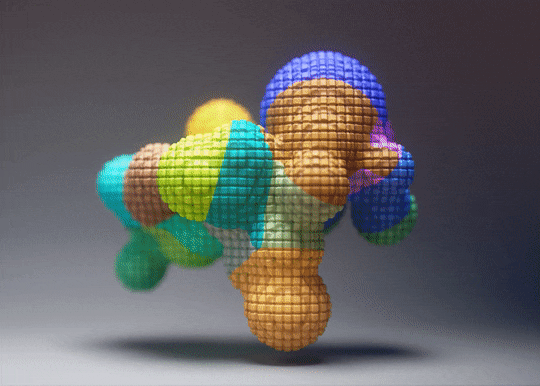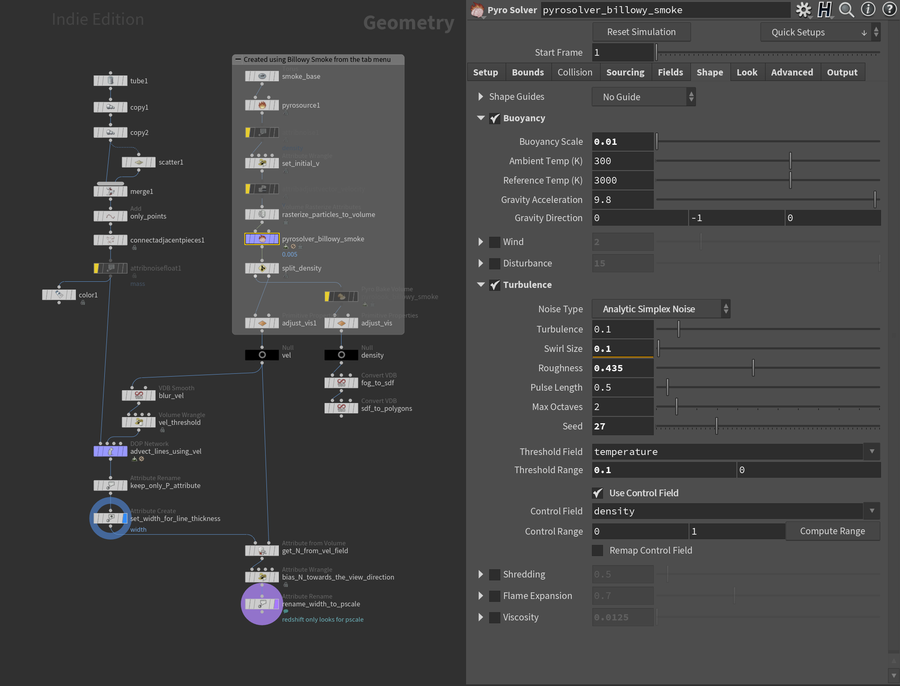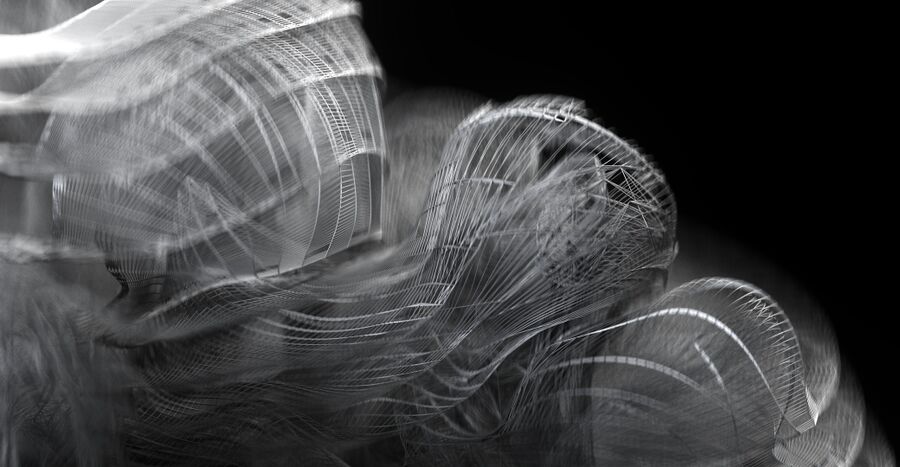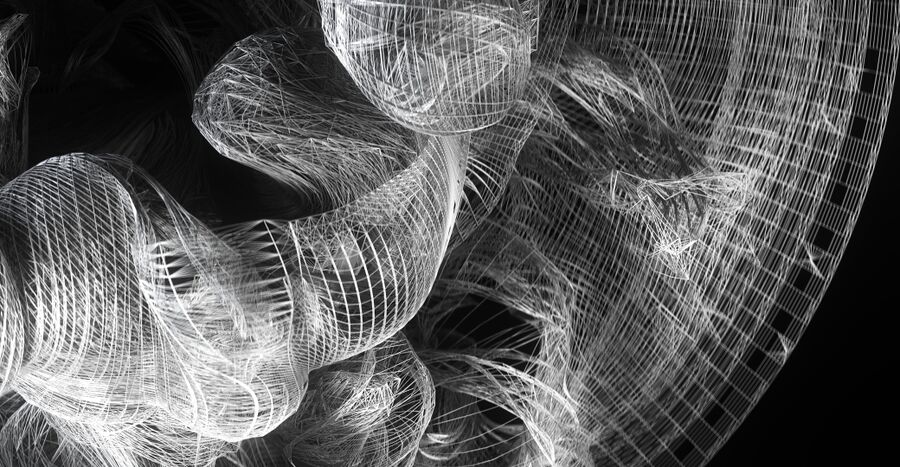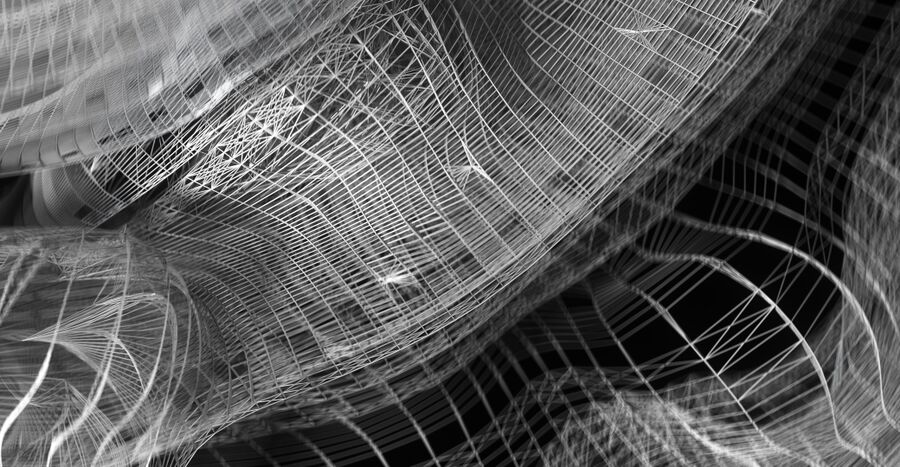Live 2022.08.23
From kunz
Views
Actions
Namespaces
Variants
Tools
Shading techniques for Solaris, USD and MaterialX
Scene File
Get the Houdini scene here: data_disk_sim_007.hiplc
Summary
Simple setup where a particle simulation is driven by pyro velocity field. The geometry in the particle simulation is continuously resampled using a sop solver to maintain evenly spaced line segments and prevent some spiking artifacts.
I use some simple VEX code to only allow velocities in the vel field in areas above a certain threshold. This helps keep some parts of the line structure rigid and intact while other areas above the threshold are free to move.
v@vel *= length(@vel)>.005;
After the simulation, the curves get their normal by sampling the velocity field from the pyro sim. This gives you a consistent (non-flickering) orientation of the curves when you render them.
Video On Demand
- 00:00 Solaris LOP Stage introduction
- 02:50 LOP node concepts
- 09:10 Making a MaterialX shader
- 14:30 Using geometry attributes in MaterialX
- 15:30 Using other geometry properties to generate patterns
- 24:10 Enabling ACES through the SideFX Labs menu
- 34:40 Modeling a blobby shape
- 45:10 Adjusting lights and materials for the blobby shape
- 1:00:00 Looking at the structure of USD files
- 1:03:00 Adding studio backdrop geometry
- 1:16:00 Adjusting camera composition and render settings
